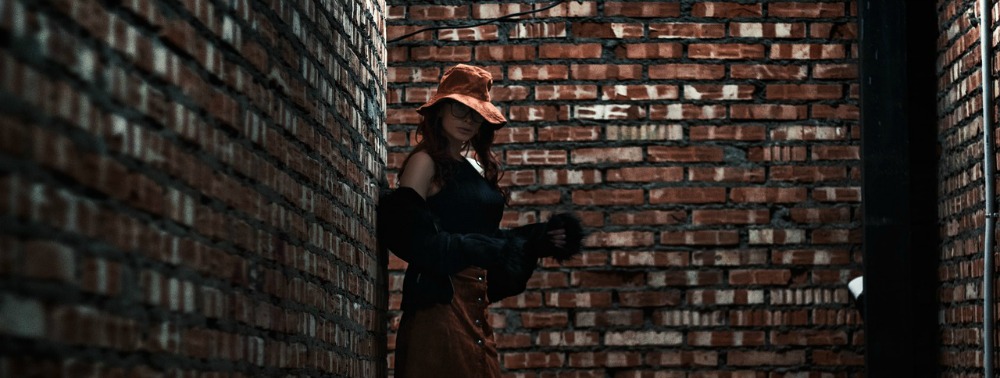
This Week’s Insights: What can happen when an orchestra takes an entirely different approach to changing how it thinks about audience (good things happen)… Can MoviePass Netflixize the movie theatre business?… A theatre piece that depends on how the audience answers… The video plague… What an opera company running on data looks like.
-
What If An Orchestra Really Changed Its Audience Model? The California Symphony decided it had no choice. Executive director Aubrey Bergauer and music director Donato Cabrera have rethought how the orchestra thinks about attracting retaining and growing audiences and last week Aubrey wrote a blog post to update the dramatic progress. While the national trend shows a 5 percent subscription decline, California is up 71 percent. Other numbers are no less eye-popping. Aubrey writes: “To a degree, the current model works. Organizations do make money, and a lot of it, this way. But when 90% of first time buyers don’t come back — a well-documented national stat from Oliver Wyman’s “Churn Study,” made famous by former head of marketing at the Kennedy Center and later Vice President of the League of American Orchestras Jack McAuliffe — this is a problem. And when first year subscribers — a critical group because we know that being a subscriber is the number one indicator of future donation proclivity — are the hardest segment to renew, averaging a 50% or less renewal rate for many organizations, that’s a problem. It’s a giant pipeline problem we have created for ourselves. In short, the California Symphony decided we would do everything we can to create a flowing pipeline.” Worth the lengthy read.
- Can You Make Movie Tickets Like A Netflix Subscription? MoviePass thinks so, and the company believes it can change how audiences think about going to the movie theatre. How it works: Sign up for a $10 monthly subscription and go to as many movies as you want each month (limit of only one/day). The company buys its tickets from theatres at full cost and counts on many subscribers using their passes sporadically (like the gym membership model). So are movie theatres embracing the experiment? Hell no. In fact, chains like AMC HATE the concept. “As AMC points out, MoviePass — which buys tickets directly from the exhibitors, then redistributes them to its subscribers by way of a MoviePass-specific debit card — will lose money on every customer who sees more than one movie a month. So what’s MoviePass’s angle here? Is this a strange form of cinematic philanthropy? Or do they have a plan?”
- When Audience Feedback Determines How The Show Goes: The Majority, a production now playing at London’s National Theatre works by polling its audiences through the show and proves to be instructive. Throughout the show, performer and playwright Rob Drummond “asks a series of timely questions to which the audience votes “yes” or “no” on in real time, with the results immediately revealed, as he demonstrates how easily the shape of a question can alter its answer.”
- Wonder Why Websites Are Serving Us Video With Every Click These Days? There’re data that show video is popular, racking up massive numbers of views. But those views are suspect, depending how they’re counted (autoplays count, and even videos that start but aren’t watched get counted). So advertisers are all mad for video (a Facebook exec last year even suggested that in a few years, FB could be all video and little text). But “in a much-discussed Twitter thread, Josh Marshall of Talking Points Memo reminds us that online news consumers, including Millennials, prefer their news in print (otherwise, why would so many sites resort to autoplay?) and explains why media company after media company is ignoring that preference (and laying off countless journalists in the process).”
- The Philadelphia (Opera) Story: Philly culture is notoriously conservative. But Opera Philadelphia (which used to be, definitely isn’t any longer. “‘This isn’t some magic soup!’ says David Devan of the data-driven, meticulously engineered transformation of Opera Philadelphia. The once sleepy, old-school company has become one of the most progressive forces on the opera scene. Having spent more than $600,000 on market research over the past five years, the company is now poised to launch the most ambitious component of its master plan: ‘O17’ will be the first in a series of annual festivals designed to reinvent the urban opera experience. Spanning twelve days, from September 14 to 25, the festival will feature seven ‘operatic happenings’ at six venues across the region.
Philadelphia has the 9th largest metro GDP in the world, but ranks 176th for opera performances per year. All the new marketing gimmicks and updated showbiz will not significantly change the abysmal status of opera in the city. We’ll get a few good shows in a short summer festival in a city that should have a world class, full time, year-round opera house. This sort of social neglect is correlated with the fact that Philly has some of the largest and most soul-destroying ghettos in the country, and the largest number of people living in deep poverty in the USA. Social neglect is the American way.
The top cities for opera performances per year like Moscow, Vienna, Budapest, Prague, St. Petersburg, etc. are all owned and operated by governments with public funding. The only exception is NYC, which is the only city in the USA even in the top 50 for performances per year — an opera house by and for the wealthy.. But don’t expect discussion in the American media about the lack of public arts funding and its consequences. It’s a taboo reality. Interestingly, the audience discussions on AJ are all based around these American fantasies. What does one do when “normal” is a massive delusion?